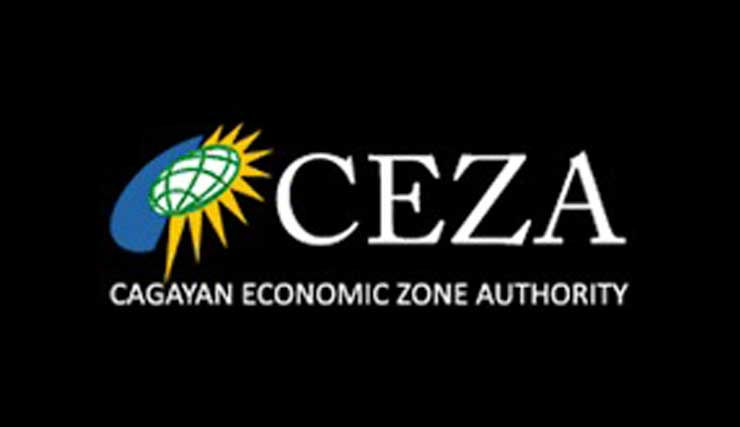CEZA Claims Exemption From POGO Ban, Cites Differences
- ACN Staff

- Jan 3
- 2 min read
Updated: Apr 11
The Cagayan Economic Zone Authority (CEZA) insists it's exempt from the POGO ban, arguing its iGaming operations are distinct from PAGCOR-regulated POGOs.

The Cagayan Economic Zone Authority (CEZA) argues it should be exempt from the nationwide ban on Philippine offshore gaming operators (POGOs), claiming its operations differ significantly. CEZA licenses iGaming and interactive gaming support service providers, who are foreign companies operating outside the Philippines and prohibited from soliciting bets domestically.
In a message to the Inquirer, however, Solicitor General Guevarra believes all POGO operations must shut down, regardless of licensing body (PAGCOR or CEZA). Since CEZA is under the executive branch, Guevarra argues they must follow the President's POGO ban order.
While acknowledging the POGO ban's impact on CEZA’s iGaming sector, CEZA Administrator Katrina Ponce Enrile emphasizes their distinct framework compared to PAGCOR-regulated POGOs.
“To this end, I want to categorically state that there are no POGOs in the Cagayan Special Economic Zone and Freeport. There never was, and there never will be. POGOs are the exclusive creation of the past administration of PAGCOR,” Enrile shared.
The Department of Justice will "examine the facts" regarding CEZA’s inclusion in the ban's scope under President Marcos' Executive Order No. 74. Solicitor General Menardo Guevarra, however, believes CEZA, under the executive department, must comply with the President's order.
Enrile highlights CEZA's clean record, pointing out that its licensees have not been linked to crimes such as kidnapping, human trafficking, torture, scams, or murder.
"For over two decades, CEZA has effectively regulated and licensed iGaming and interactive gaming support service providers without encountering these issues," she noted.
She also drew a clear distinction between CEZA's operations and POGOs, particularly in how they manage their workforce. Unlike POGOs, CEZA maintains control over physical entry and workforce management, ensuring a Filipino-majority workforce.
According to Enrile, CEZA enforces strict guidelines on issuing work visas and controls access to the Cagayan Special Economic Zone and Freeport, maintaining a healthy balance between local and foreign employees.
"All interactive gaming support service providers are encouraged to prioritize hiring local talent," she stated, adding that the workforce typically consists of 70 percent Filipinos and 30 percent expatriates.
"Unlike POGOs, our interactive gaming support service providers do not accept bets—they are purely service providers," Enrile emphasized. "We also prohibit sublicensing and operate strictly under our charter and implementing rules and regulations, setting us apart from POGOs."
Despite CEZA charter and independent licensing power, a Malacañang memorandum instructed them to adhere to the POGO ban. The Senate awaits a final decision as CEZA argues its licensees operate outside the Philippines.
Read related article: Cagayan Town Faces Loss of 2,000 Jobs as POGO Ban Hits Hard












Comentários